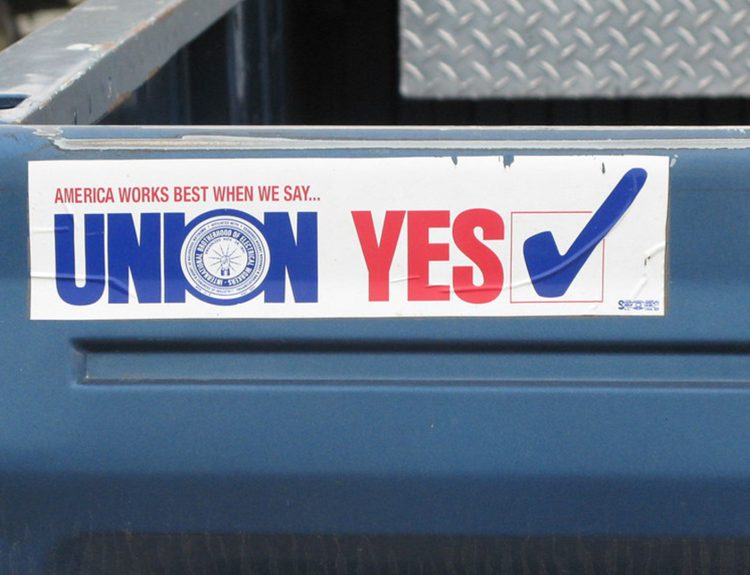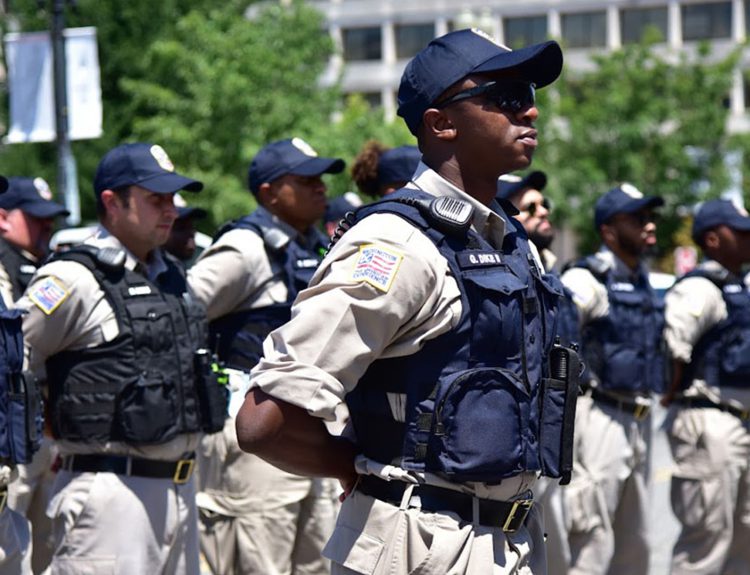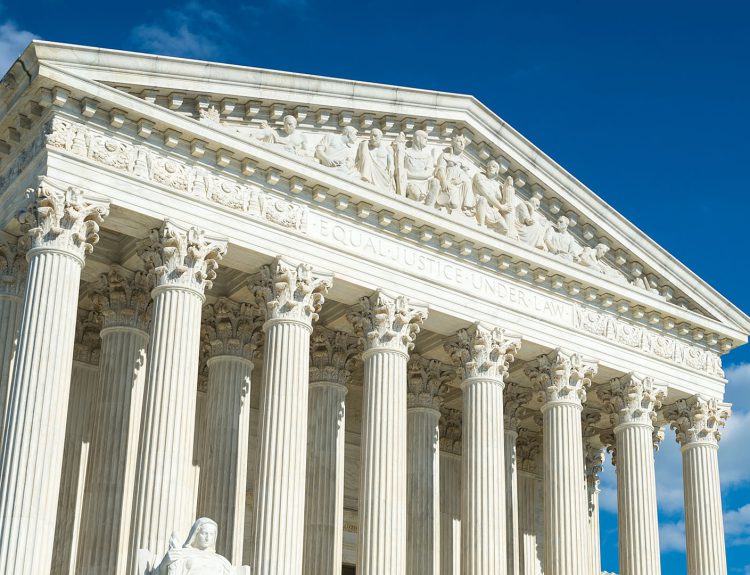In 2018, a former teacher Peter Vlaming was fired from a high school in Virginia for refusing to use the requested pronouns of a transgender student. The termination came after his refusal even after the school’s administration instructed him to use the students preferred pronouns.
Lawsuit Filed
It was reported that Vlaming filed a lawsuit against the school board the same year he was terminated.

Vlaming refused to comply with the students request for male pronouns.
Court’s Ruling
Initially the court decided to dismiss Vlaming’s lawsuit.

Underscoring the need to create balance between individual religious beliefs and the constitutional protections of diversity.
Freedom Of Speech
Vlaming, who was backed by the Alliance Defending Freedom,
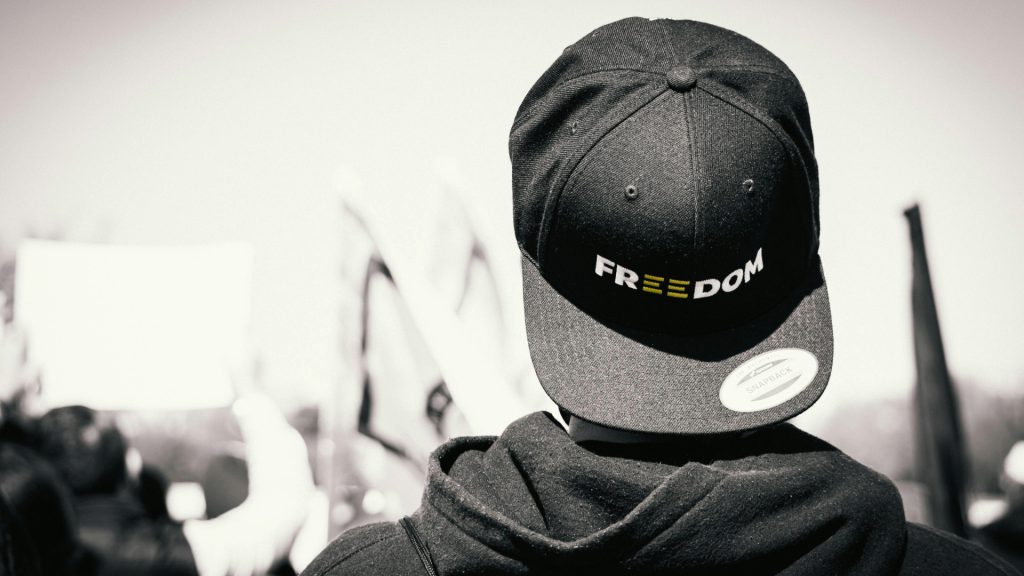
Made the argument that the schools directive was directly violating his rights to free speech, and his right to exercise his religion. Both of which are protected under the Virginia Constitution and the Virginia Religious Freedom Restoration Act.
Legal Action Taken After Termination
After Vlaming was fired, he filed a lawsuit against the school board in 2019.
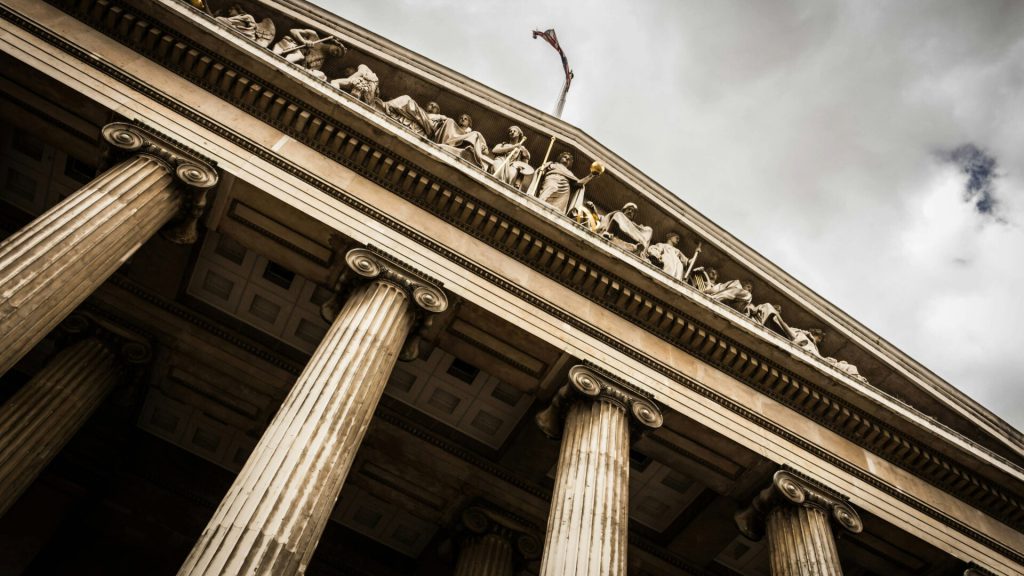
It was reported that this case came from his refusal to use transgender pronouns towards a transgender male student. Instead Vlaming avoided pronouns altogether when addressing the student.
The Virginia Supreme Court
The Virginia Supreme Court would later overturn the dismissal Vlaming’s lawsuit, a decision that led to responses from several legal and civil rights groups,
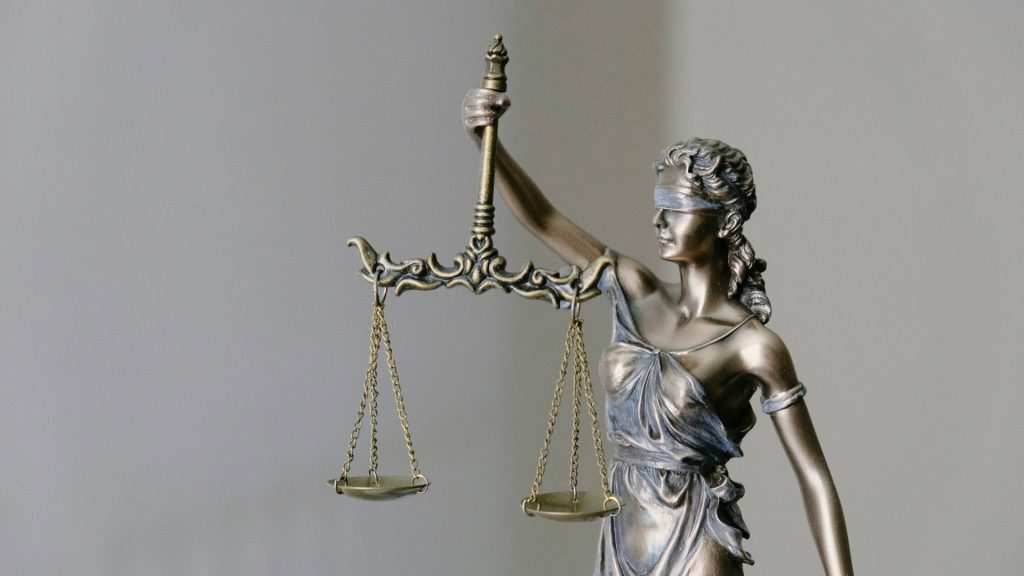
This included the ACLU, which stressed the necessity of fair treatment for all students in educational settings.
Rights Violations
The Supreme Court’s ruling to reinstate the lawsuit came from allegations of the school board being in violation of Vlamings rights,

Though it did not definitively settle the case’s merits.
Attorney
Vlaming’s legal team gave praise to the Supreme Court’s in their decision to affirm constitutional rights,

Criticizing the school board for attempting to pressure Vlaming to comply with its perspectives on gender identity.
Religious Beliefs
Vlaming claimed that his actions were justified by his rights to exercise his religious and philosophical beliefs, which he claimed were infringed upon by the schools demands.

This defense highlights the serious nature of the conflict between personal beliefs and institutional policies.
The Superintendent Perspective
West Point Schools Superintendent, Laura Abel, justified the schools decision to fire Vlaming based on his insubordination,

Making the argument that his action created a hostile learning environment for the student.
Justification
Vlaming’s legal team argued that his termination was not because of the actions he took,

But because he refused to adhere to speech that conflicted with his religious beliefs, a stance supported by the court’s decision to allow the lawsuit to proceed.
Complex Case
The case raises significant questions about the balance between an individual’s First Amendment rights and the rights of students to be recognized according to their gender identity.

It prompts observers to contemplate the issues of religious freedom, free speech, and anti-discrimination protections.
Example
As the legal proceedings continue, this case remains a key example of the ongoing discussions of freedom of expression,

religious rights, and the rights of transgender individuals within the educational system.
Personal Contemplation
The case prompt introspection on the bigger consequences of how educational institutions handle issues of gender identity,

religious beliefs, and the responsibilities of educators.




